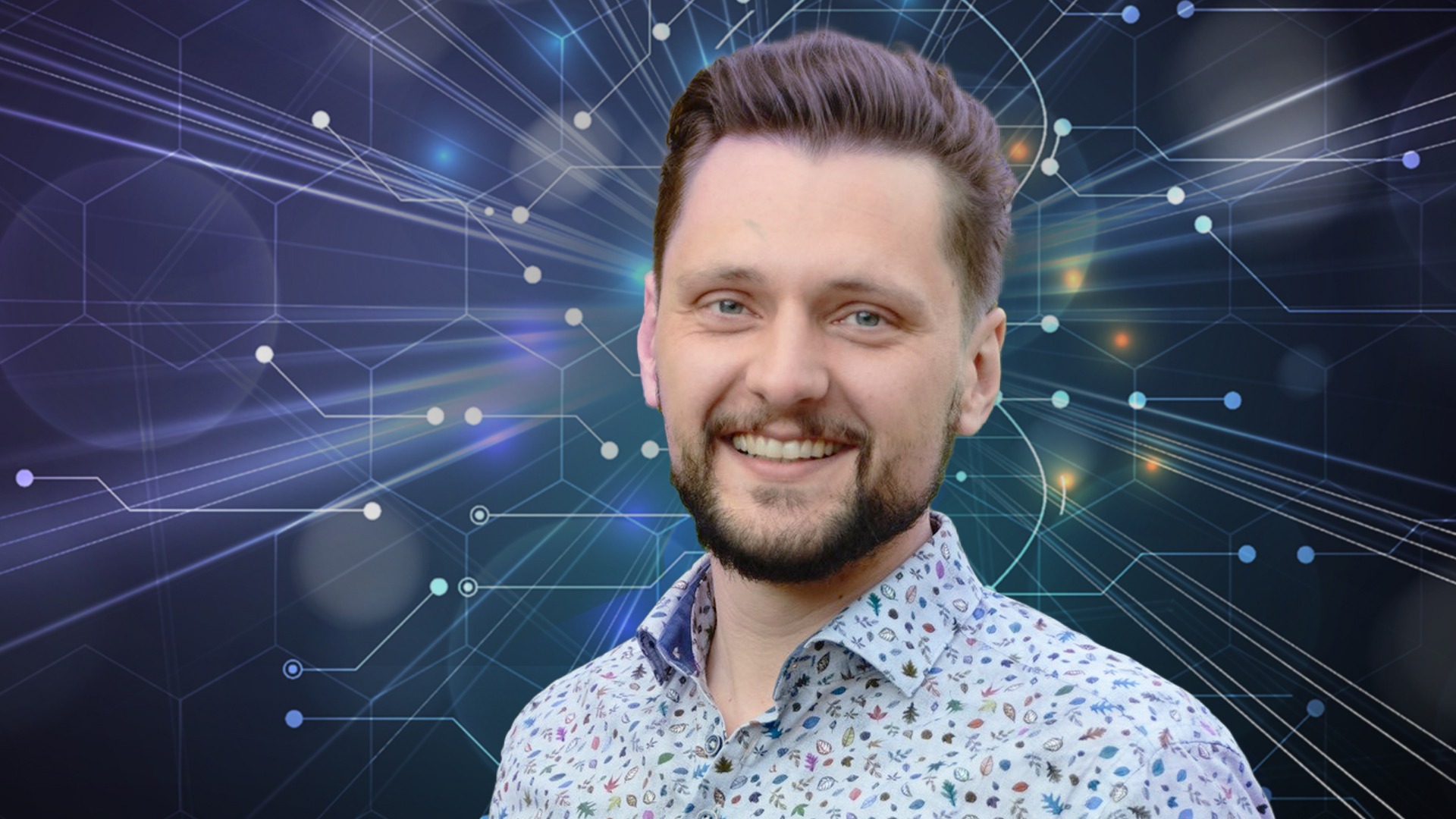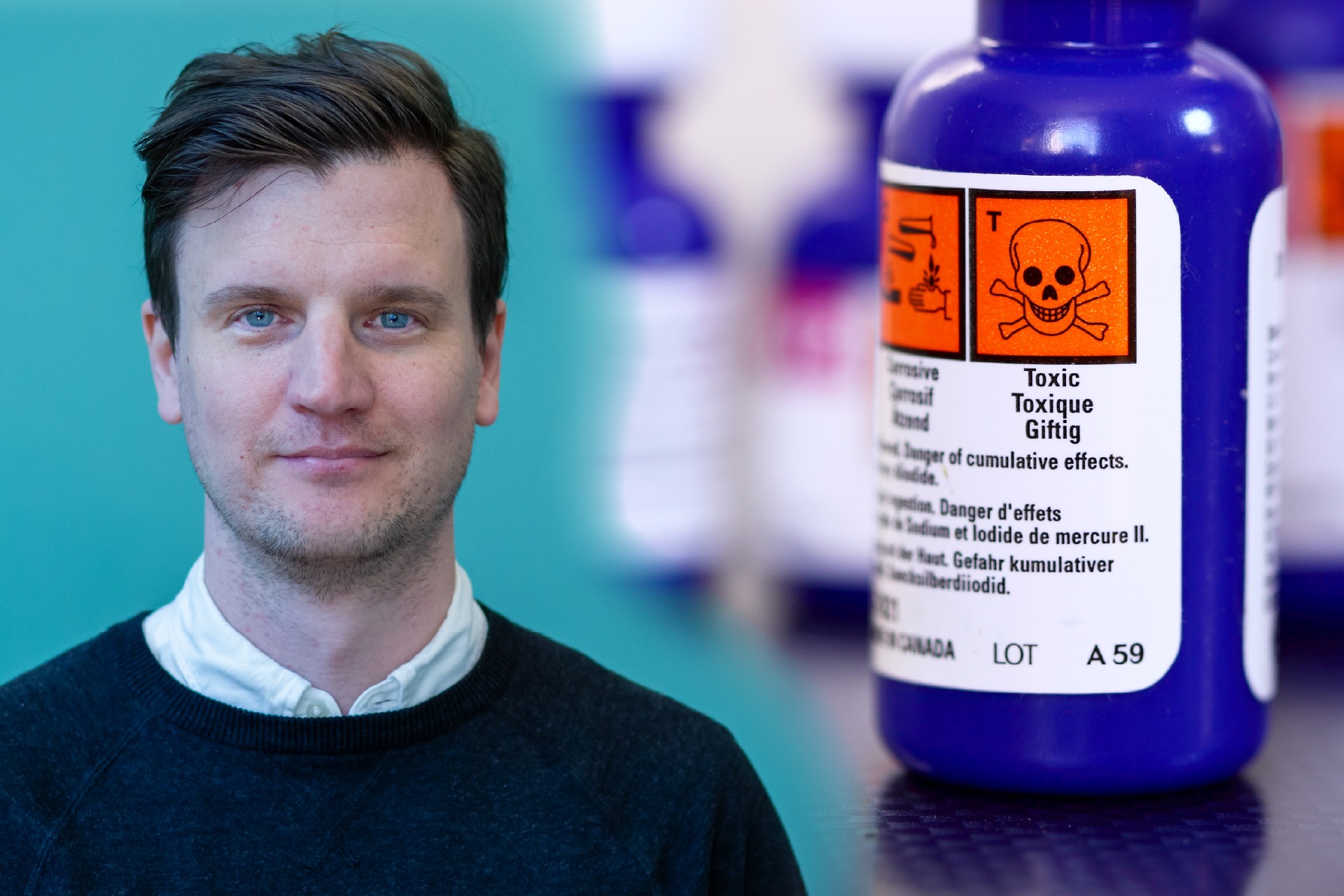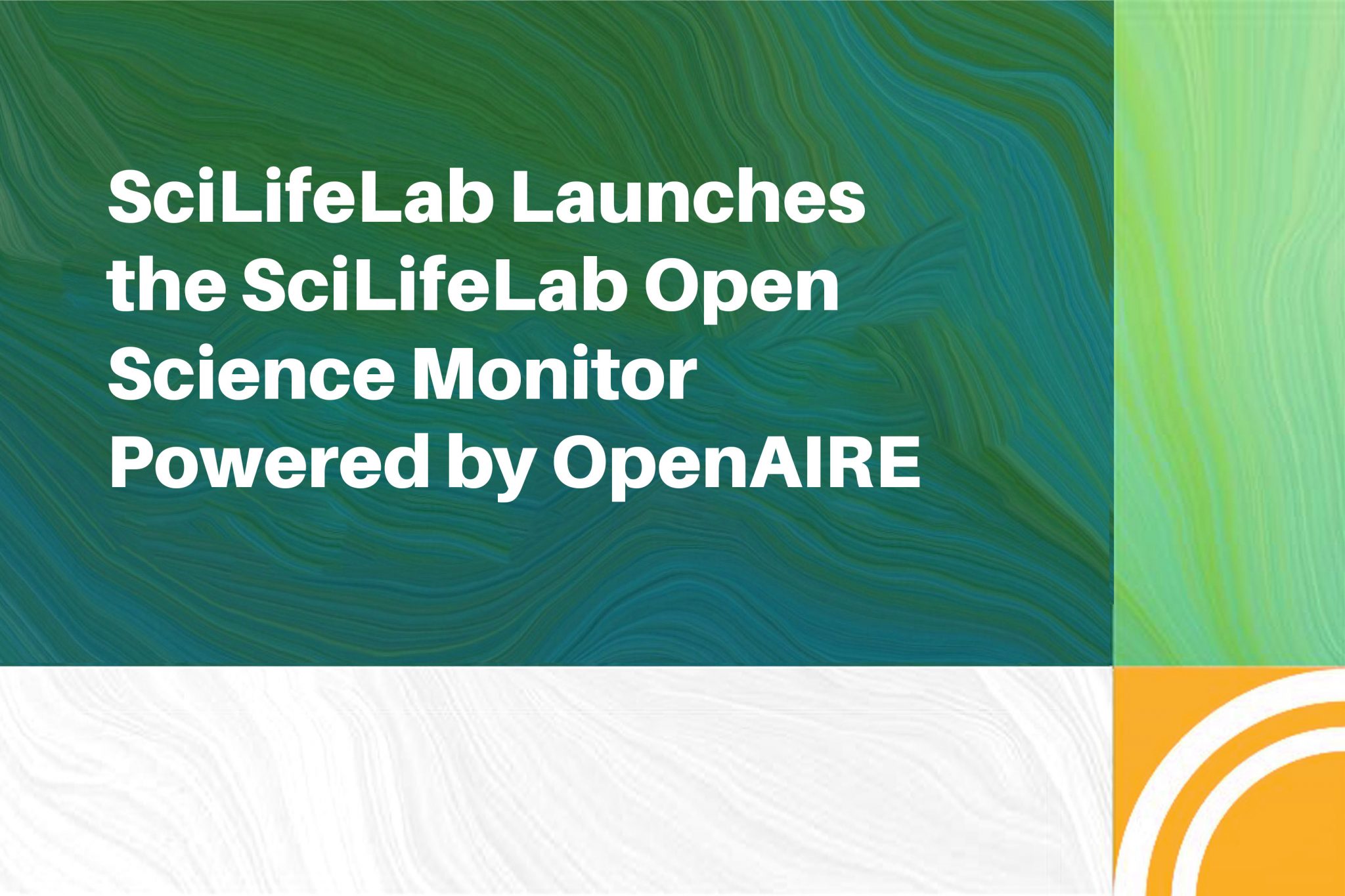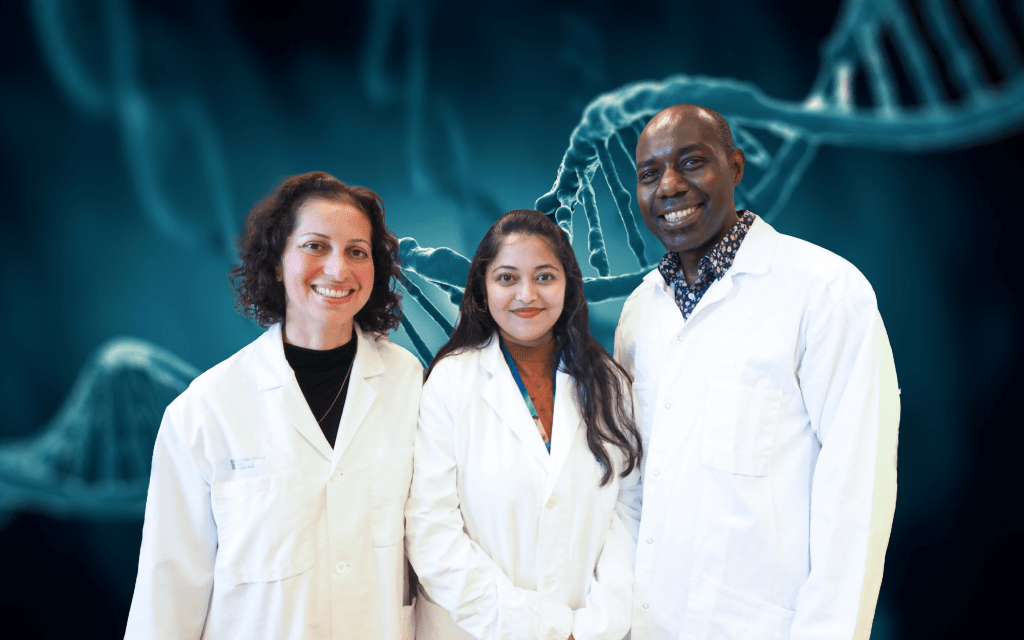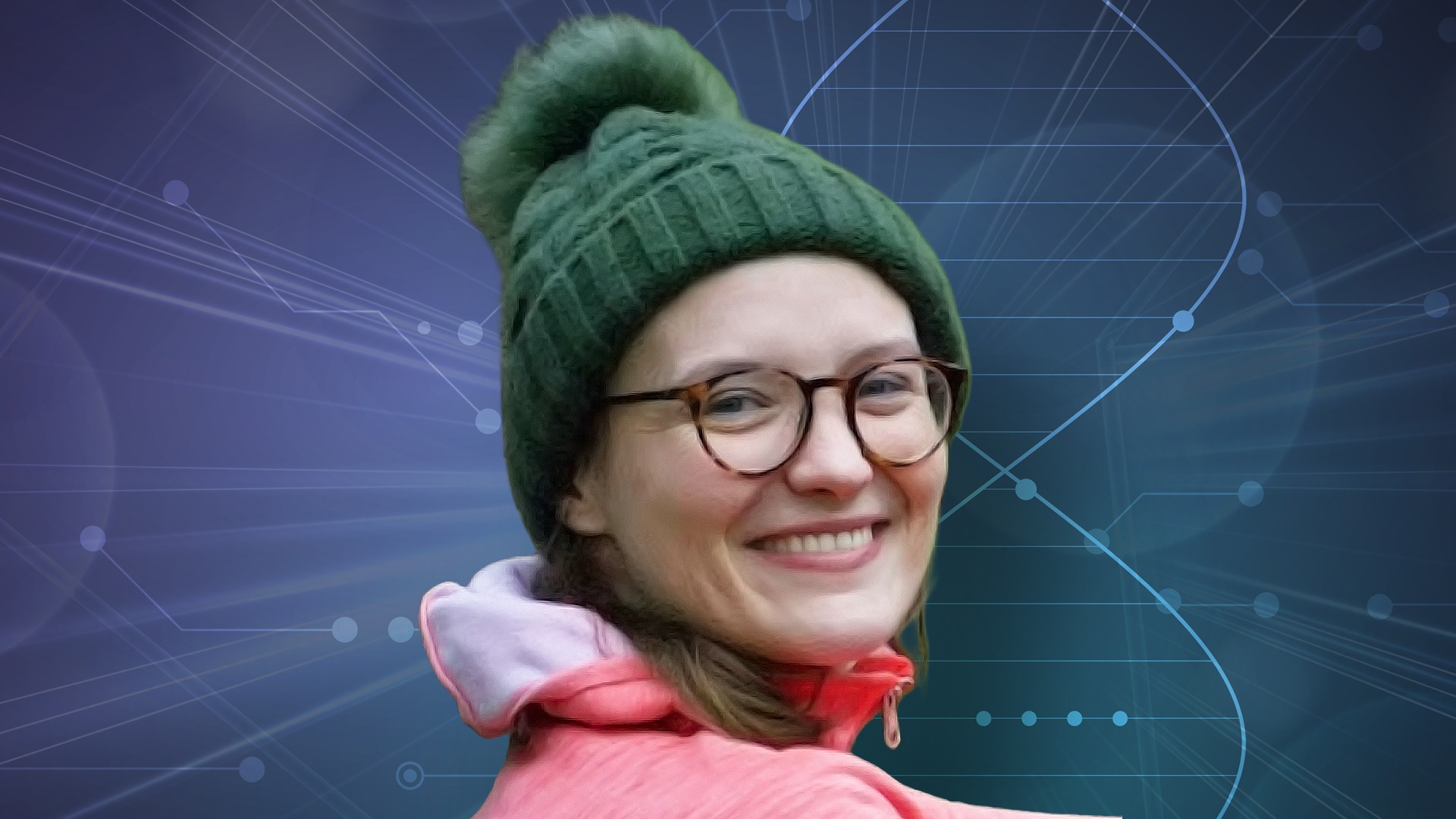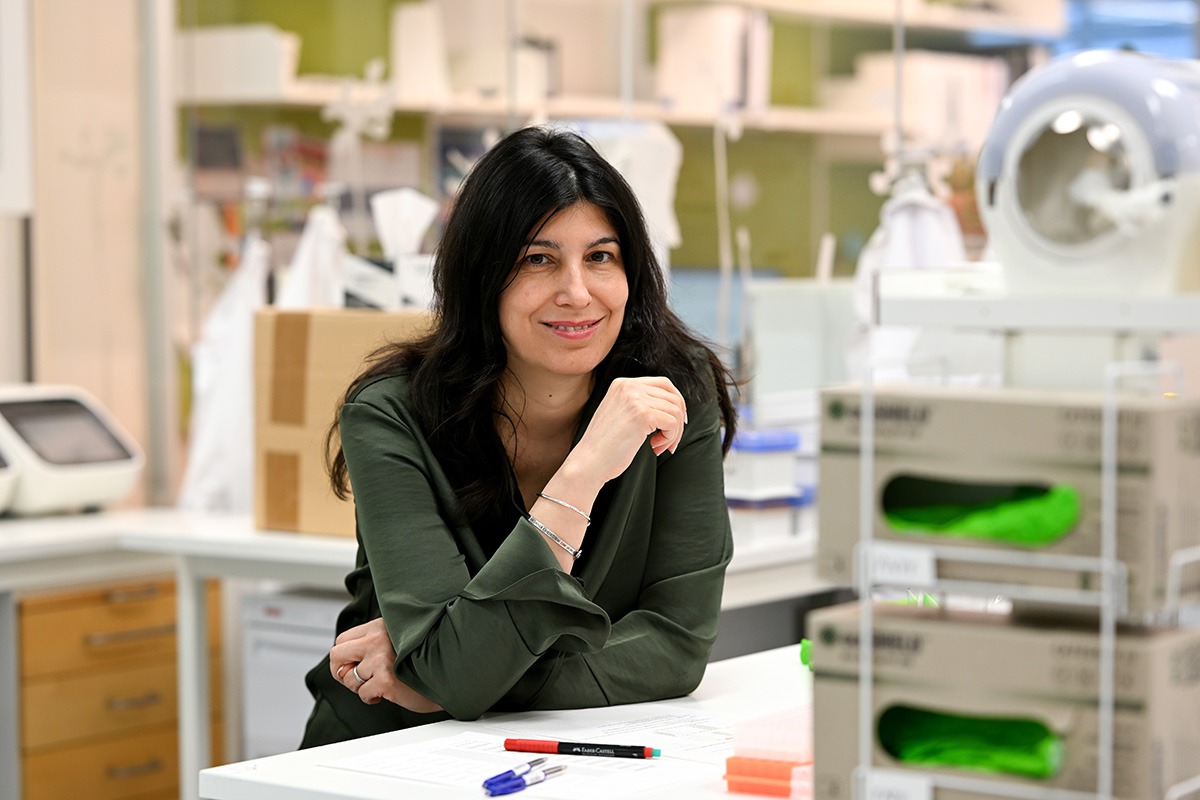New DDLS Fellow: Tobias Andermann
The recruitment of DDLS Fellows continues and Tobias Andermann from Uppsala University is the latest one to be presented in our Q&A style article series. So far, eleven DDLS Fellows have been recruited to the SciLifeLab & Wallenberg National Program for Data-Driven Life Science (DDLS) program, at Chalmers, Umeå University, Linköping University, Uppsala University, The Swedish Museum of Natural History (NRM), Stockholm University, the University of Gothenburg, and the Swedish University of Agricultural Sciences (SLU) .
Tobias did his graduate studies at the University of Gothenburg, at the Antonelli Lab, where he also started his Ph.D. in 2016. After he received his Ph.D. in 2021, he has been working as a postdoc in the Silvestro Lab, which is based at GU and the University of Fribourg, Switzerland. Since then, Tobias has received two awards for his Ph.D. thesis Advancing Evolutionary Biology: Genomics, Bayesian Statistics, and Machine Learning, one from Faculty of Science at the University of Gothenburg, and recently one for “outstanding doctoral work“, from the Royal Academy of Forestry and Agriculture (KSLA).
The Royal Swedish Agricultural Academy’s award for outstanding doctoral work, is awarded to a person, who during the immediately preceding three-year period has presented a prominent doctoral dissertation at a university or college with relevance to the academy’s focal points or related activities, and was personally given to Tobias by H.M. King Carl XVI Gustaf. Tobias will join the Evolution and biodiversity DDLS research area.
How do you think your expertise can contribute to the program?
I am a computational biologist working in the field of biodiversity research. One key strength of mine is that I am located at the intersect of computational method development, as well as data collection and processing, making me familiar with both ends of that spectrum. By now, I have built an extensive network in evolutionary biology and biodiversity research, reaching from academic institutions in different countries, research organizations, and non-academic agencies. I am positive, that my research background and network, in combination with that of the other members of the DDLS program, will form a very strong collaborative potential for putting Sweden on the map as a hub for data-driven biological research, education, and outreach.
Shortly describe your research in an easy to understand way.
Biodiversity is disappearing at an alarming rate, as our human impact on this planet far exceeds sustainable levels. Through my research, I aim to improve our understanding of how biodiversity is distributed and how to estimate its threats. For this purpose, I have been developing new AI applications that can estimate biodiversity based on a range of different biotic and abiotic predictors, including high-resolution remote sensing data (e.g. satellite images). I am particularly interested in improving these models with data gained from environmental DNA (eDNA) sequencing. This technique, that recovers DNA fragments from samples of water, soil, or air, holds the promising potential to capture the genetic diversity at a given site. By refining eDNA sampling and processing techniques, and by adding an increasing number of eDNA samples to shared databases, I plan to contribute to both on-site biodiversity assessments as well as increasing our understanding of large scale biodiversity patterns and hot-spots.
How do you think the program and interactions with the other DDLS-Fellows will benefit you?
I think several of the DDLS fellows are also interested in applying AI methods in their research, and I hope that we will be able to exchange our experience and knowledge with these methods, enabling truly innovative research. Also, I think that there will be a lot of cumulative expertise in data science and data handling and management methods, which I’m certain will benefit everybody associated with the DDLS program and beyond.
Name one thing that people generally do not know about you.
It may not come as the biggest surprise (given that I’m German) but I have a passion for beer. I am brewing my own beer at home – not the least because of the Swedish beer prices – and have successfully brewed many different styles by now. Maybe I can develop a special DDLS brew in the future…
Where do you see yourself in five years regarding the DDLS aspect?
In 5 years from now I see myself and my research group having contributed significantly towards the development of standardized methods of quantifying biodiversity (biodiversity indicators). Through the expertize and network available through the DDLS program, particularly in combination with the other DDLS fellows and their groups, I think it is realistic that we will be able to make significant progress on this globally very pressing task.
In one word, describe how you feel about becoming a DDLS-Fellow.
Ausgezeichnet!
Photo: Britt Andermann
